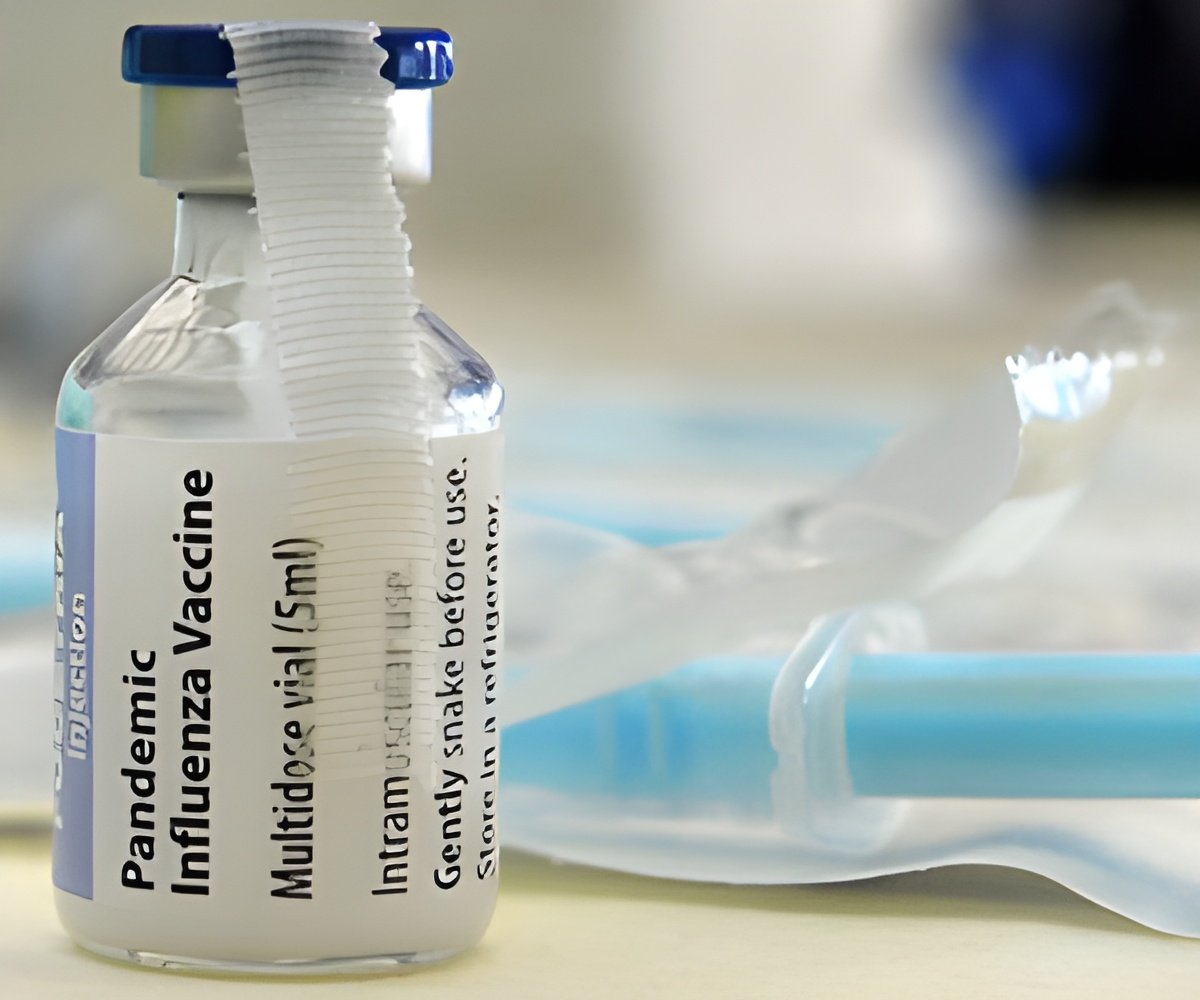The flu vaccine is the best and only protection for the flu and how to protect others from the flu as well, said researchers.

‘When there are higher numbers of reported cases of the flu, your immune system is more susceptible to acquiring the flu if you are unprotected.’





The flu vaccine is the best and only protection for the flu and how to protect others from the flu as well, says Stephen Russell, M.D., associate professor in UAB’s Division of General Internal Medicine and physician at UAB Medicine Leeds. The vaccine prepares the immune system to see, recognize and fight off the flu virus. “Flu season starts in early October, and the reason is that, by the time we see more cases of flu and in the hospital – which is usually at the beginning of November – we want people to be protected,” Russell shared. “It takes about two weeks from the time you get your flu shot for your body to develop antibodies that fight the flu, which is why we recommend that everybody gets the flu shot in October or early November. That way, by the time we see more flu in the community, people’s bodies are ready to fight off the virus.”
Russell has had patients ask if getting the flu shot actually means his patients are receiving the flu virus, but he says that is not the case. Many people falsely believe that, if they get sick immediately after receiving the vaccine, they have the flu, he says.
“We know from very good medical studies and science that the flu vaccine does not give you the flu,” he said. “If you experience body aches and have a low-grade fever 24 hours after you get a flu vaccine, we consider that a success because your immune system is revved up and ready to fight off the flu. We can almost guarantee that 48 hours after that you will feel normal, which means your immune system is ready to fight off the flu this season.”
Russell notes that, if you actually have the flu, you can expect to experience seven days of aches, along with several days of feeling bad overall, including experiencing cough and fever. With the flu shot, your mild symptoms will last less than 48 hours.
Advertisement
Members of the community can find out where they can get a flu shot in their area by visiting the CDC’s vaccine finder. UAB employees and UAB students can get free flu shots on campus throughout the season.
Advertisement










